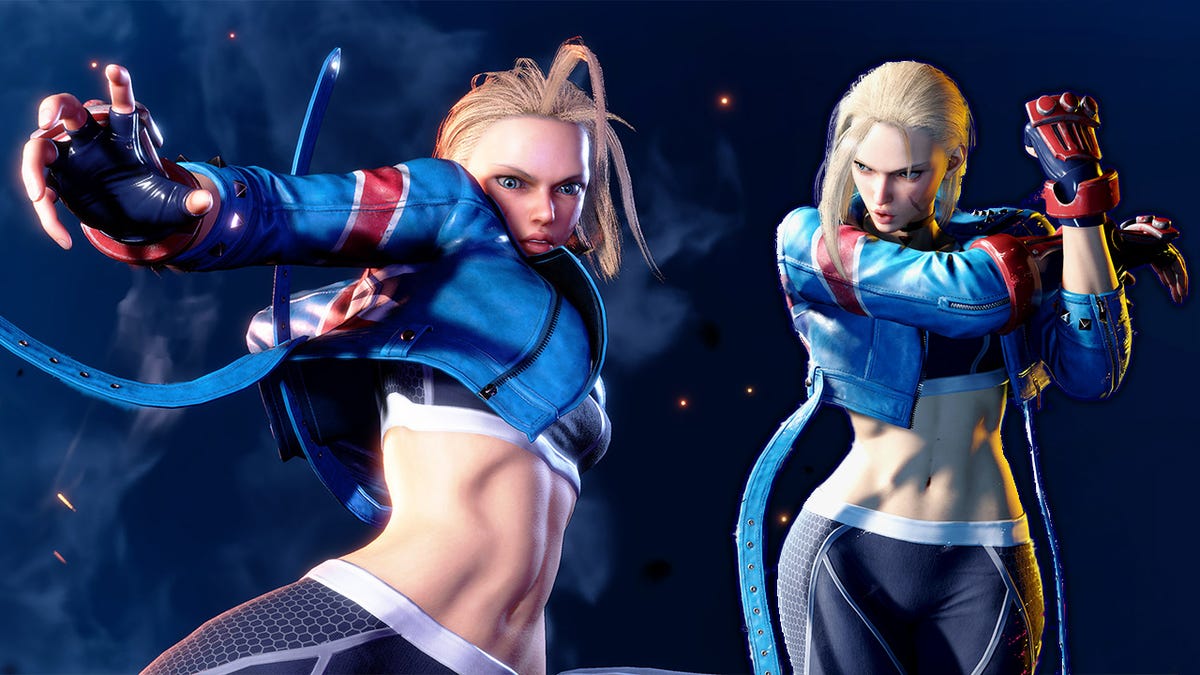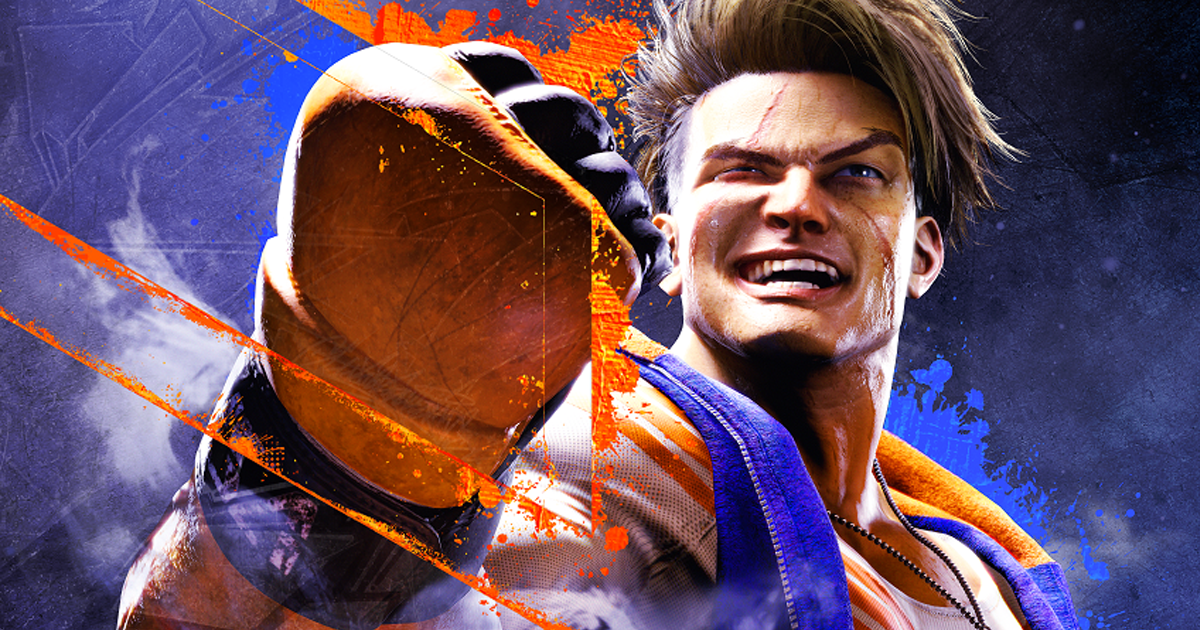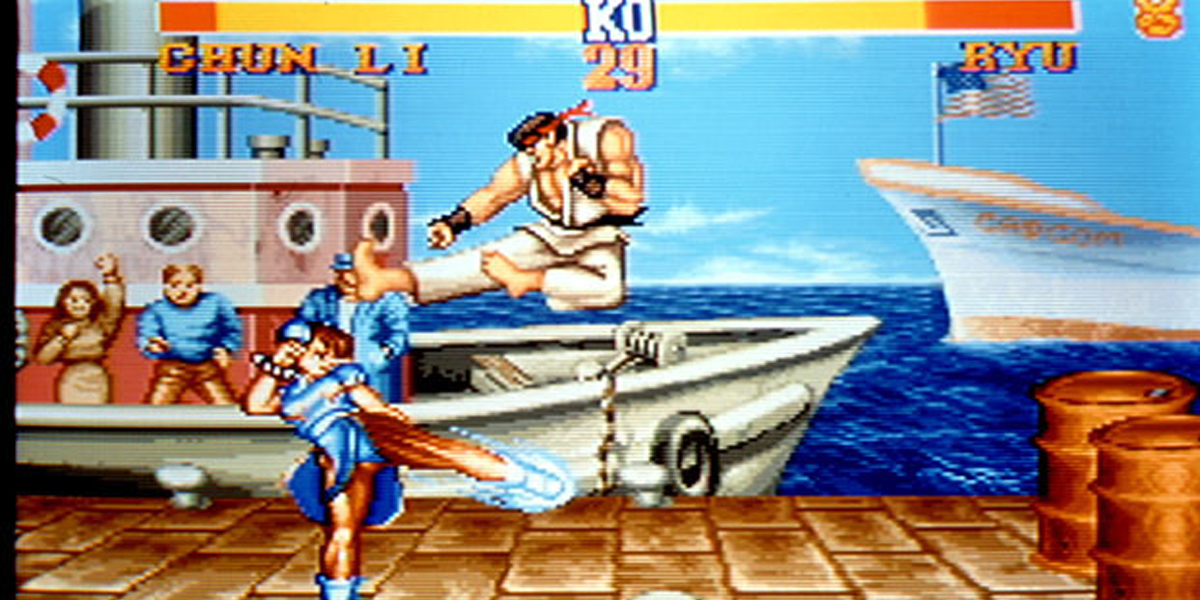Well deserved, this means it's the fastest selling Capcom fighting game ever.
In line with their estimates and in track to sell over 10M at the end of its life cycle as estimated, outselling the best selling game in the series, Street Fighter 6.
SFIV (PS3/360)
2 million in 10 days
2.5 million in 2 months
3.5 million in end of life
SFV (PS4/PC)
1.4 million in just over a month
2 million in 18 months
4 million in 4 years
5 million in 4 years and 9 months
6 million in 5 years and 9 months
7 million in 7 years
7.4 million in 7 years and 8 months
SFVI (PS5/PS4/PC/XS)
1 million in 5 days
2 million in 1 month
2.4 million in 4 months
3 million in 6 months
Thanks for sharing, very interesting. Thanks to a leaked slide from the Insomniac stuff, we saw that DLC/IAP/passes generated 25% of SFV revenue as of mid October 2022 (so not total sales):
Street Fighter II
Street Fighter II Turbo
Super Street Fighter II
...
These were different games with new content that was inaccessible to SF2 vanilla owners, forcing you to repurchase the game.
Street Fighter III New Generation
Street Fighter III 2nd Impact
...
Street Fighter IV
Super Street Fighter IV
Super Street Fighter IV Aracde Edition
...
It's the same as SF2 and its iterations, they're different games every time.
Street Fighter V, Street Fighter V AE & Champion Edition all 3 remain the same game, since the update is free and automatic.
And there's a reason why Capcom separates out the sales of the other Streets and not those of SFV.
Titles which sold more than 1 million copies each are listed with videos and screen shots.

www.capcom.co.jp
Meaning, now when comparing SFV to previous games were the updates instead of being included as free updates + paid DLC they were sold as previous games, we could add a third on top of the SFV sales as an aproximation to more or less get an approximated equivalent of game sales.
So in this case, the equivalent would be 9.87M copies. Which still it wouldn't be fair to compare it to games where they sold the updates as separate games, but would be a more fair comparision.
In their website, Capcom separates their titles by projects, which each one has its own budget. As an example, in a crossgen game they count sales together because they have been developed as a single project. But in other cases where a game gets a late port/next gen version or remaster counts as a separate title. In the case of Street Fighter, in SFV or SF6 the whole game and its dlcs and rereleases bundled with dlc are counted as single games. While in the past titles where they released updates as separate full games were counted as separate projects.
Didn't they call SFV a failure when it sold about the same in a similar timeframe and went on to be one of the best selling street fighter games?
SFV was released with little single player and game modes content, plus other issues like bad gameplay balance, input lag and pretty buggy netcode. As a result had bad sales at launch and unlike SF6 (which released with a lot of content specially for SP and in a super polished state regarding gameplay netcode) didn't meet their initial sales expectations.
But thanks to their GaaS approach, over time they were able to identify and solve all (or most) of the game issues and ended having a shit ton of content, super polished gameplay balance, pretty good -even if not best in class like SF6- input lag and netcode. As a result the game made a big comeback in sales specially during its second year and kept the game selling and its players engaged until the release of SF6 (7 years after SFV release).
The scale of the comeback was big enough to be the cover story of Capcom's annual report of that year, instead of giving it to the record breaking release of their fastest and best selling game ever, Monster Hunter World, which was released that year.
SFV ended being their best selling fighting game project ever (being sales 75% of its game revenue, the other 25% being addons) and top 10 Capcom best selling game ever (now tied with DMCV).









